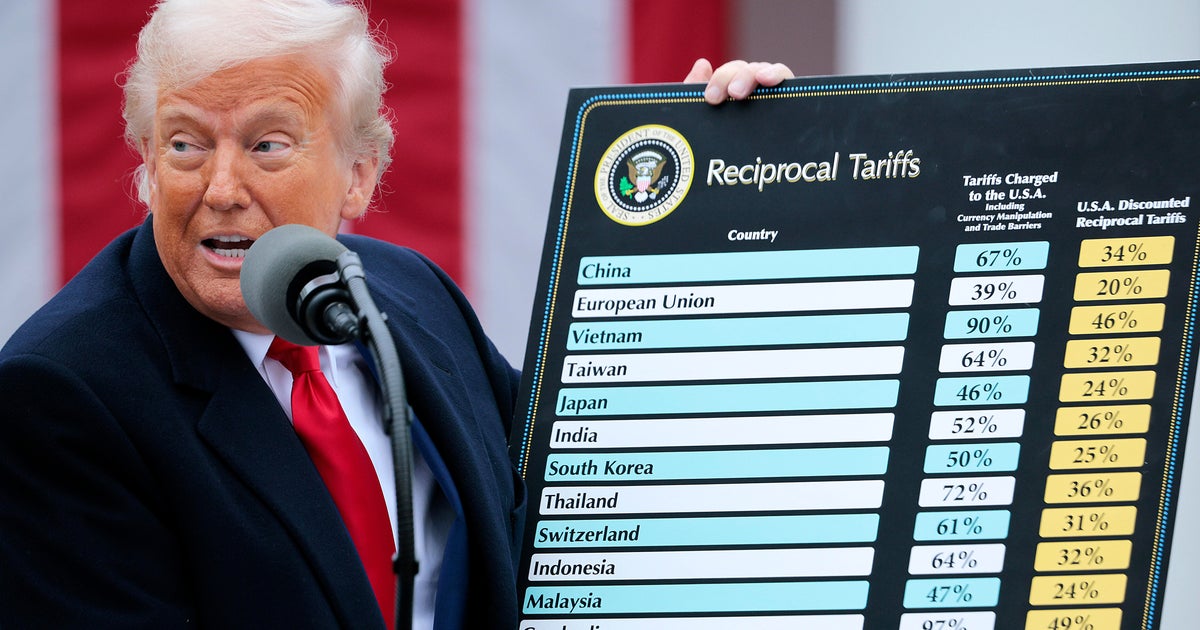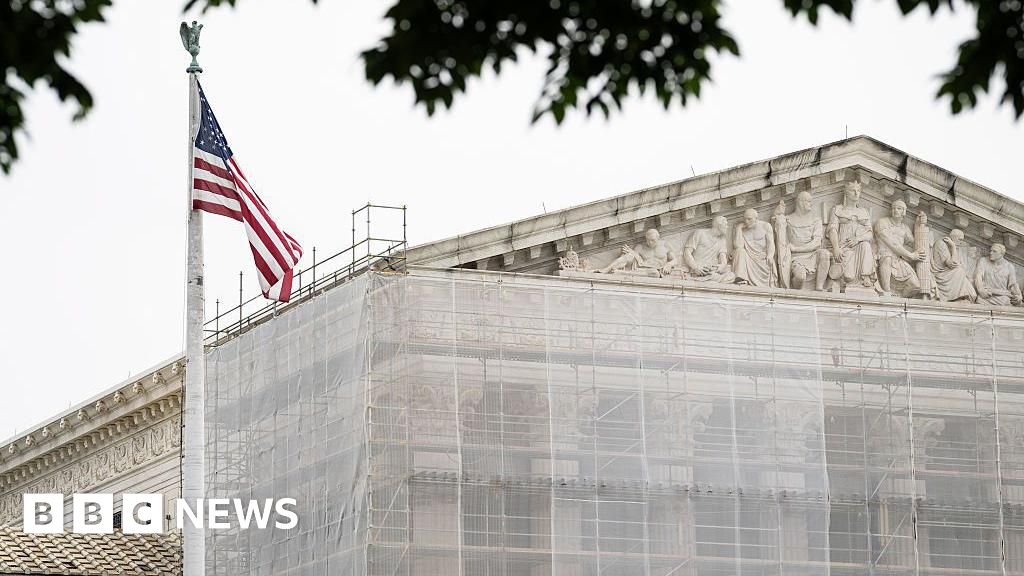Trump's Pharma Tariffs: Impact on Drugs, Prices, and Patients

Understanding Trump's Pharma Tariffs
President Donald Trump's announcement of 100% tariffs on foreign brand-name drugs has raised significant questions among healthcare experts and patients alike. These tariffs target essential medications, including those for weight loss, asthma, and cancer, but the timeline and extent of price changes remain unclear. This uncertainty fuels concerns about accessibility and affordability for millions reliant on these prescriptions.
Key Issues and Industry Concerns
Experts are questioning how these tariffs will impact the supply chain and whether domestic production can meet demand without triggering shortages. Pharmaceutical companies warn that such steep tariffs could increase costs, potentially shifting the financial burden onto patients. Additionally, the policy’s effect on innovation and international trade relations remains a topic of debate among economists and healthcare professionals.
What Patients Should Watch For
For patients dependent on these drugs, close monitoring of price adjustments and availability is critical. Advocacy groups emphasize the need for clear communication from policymakers to prevent panic and ensure that vulnerable populations are protected from sudden cost spikes or limited access to essential treatments.
About the People Mentioned
Donald Trump
Donald John Trump, born June 14, 1946, in Queens, New York, is an American businessman, media personality, and politician. He graduated from the University of Pennsylvania’s Wharton School in 1968 with a degree in economics. In 1971, he took over his family’s real estate business, renaming it the Trump Organization, through which he expanded into building and managing skyscrapers, hotels, casinos, and golf courses. Trump gained widespread fame as the host of the reality TV show *The Apprentice* from 2004 to 2015, which helped establish his public persona as a successful entrepreneur. Trump entered politics as a Republican and was elected the 45th president of the United States, serving from 2017 to 2021. His presidency was marked by significant policy actions including tax cuts, deregulation, the appointment of three Supreme Court justices, renegotiation of trade agreements (notably replacing NAFTA with the USMCA), and a focus on immigration control including border wall expansion. He withdrew the U.S. from international agreements such as the Paris Climate Accord and the Iran nuclear deal, and engaged in a trade war with China. His administration’s response to the COVID-19 pandemic was criticized for downplaying the virus’s severity. Trump was impeached twice by the House of Representatives—first in 2019 for abuse of power and obstruction, and again in 2021 for incitement of insurrection—but was acquitted by the Senate both times. After losing the 2020 election to Joe Biden, Trump challenged the results, culminating in the January 6, 2021, Capitol riot. He remains a central figure in American politics, having won the 2024 presidential election and returned as the 47th president in 2025, continuing to promote policies aimed at economic growth, border security, and military strength[1][2][3][4].


















